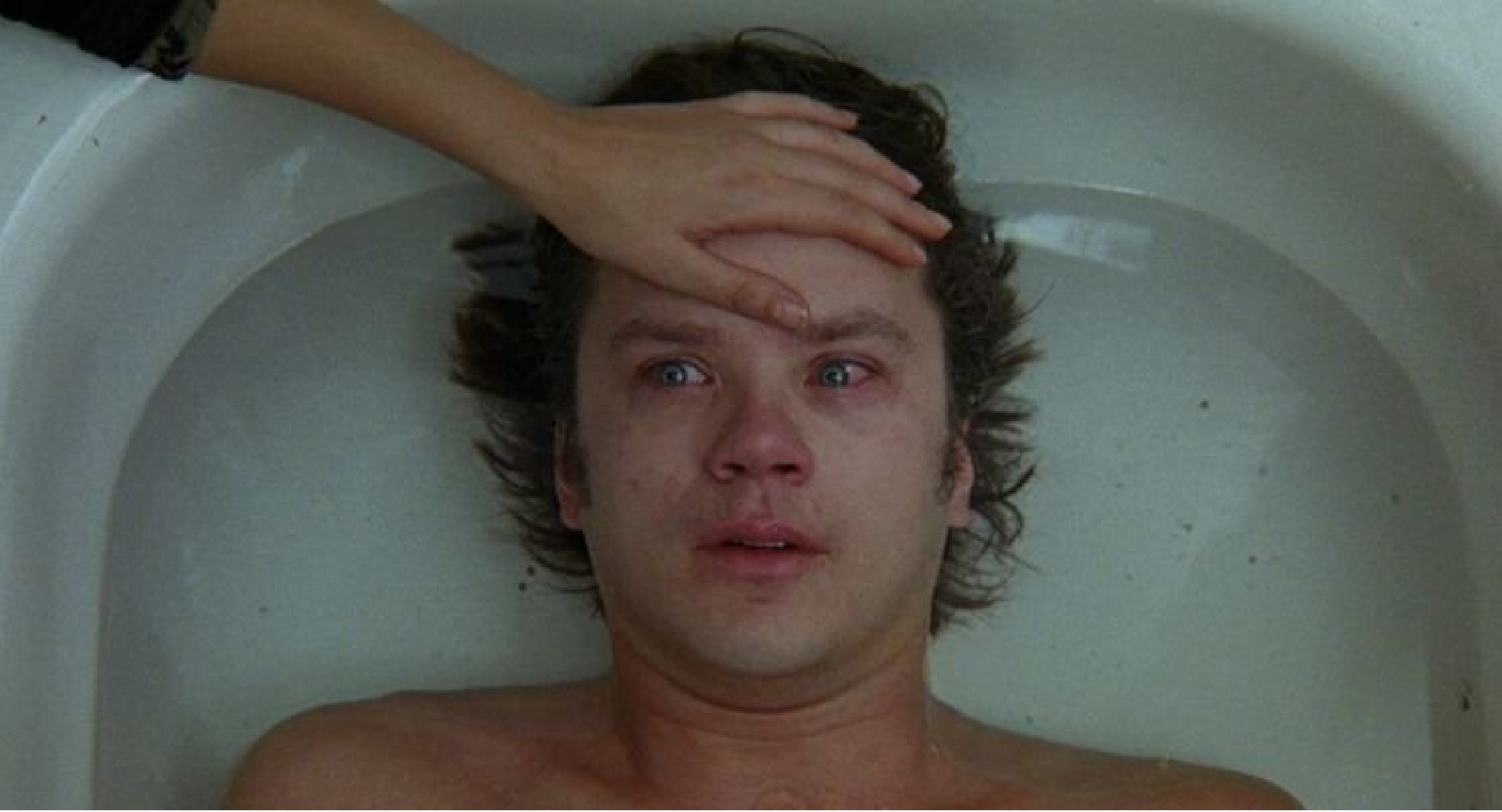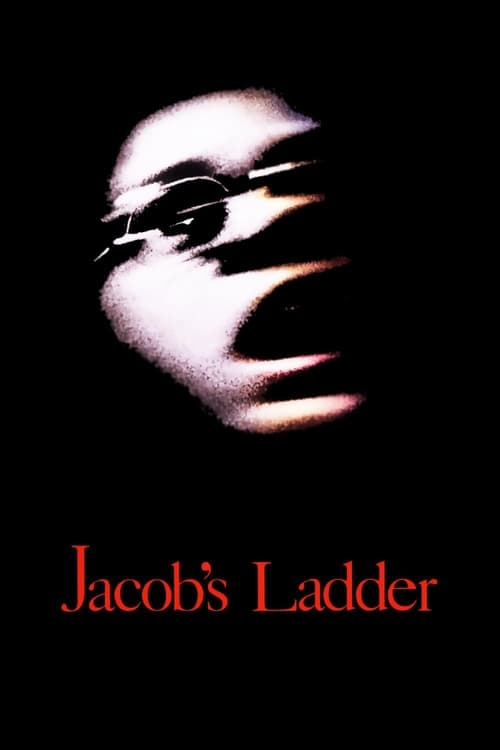Jacob’s Ladder – Film Review
Published September 23, 2023

Directed by Adrian Lyne and released in 1990, Jacob’s Ladder has left an indelible mark on the genre. Exploring themes of trauma, paranoia, and the blurred lines between reality and hallucination, the film is a haunting descent into the depths of the human psyche.
The film centers around Jacob Singer, played brilliantly by Tim Robbins, a Vietnam War veteran who is struggling to piece his life together in New York City. Haunted by nightmarish visions and bizarre occurrences, Jacob’s reality begins to crumble around him. He is plagued by memories of his time in Vietnam and the mysterious death of his son, Gabe. As Jacob delves deeper into his past and seeks answers, he becomes entangled in a web of conspiracies, surreal encounters, and the ever-present sense that something malevolent is lurking just out of sight.
Adrian Lyne’s direction in Jacob’s Ladder is nothing short of masterful. The film’s visual style is a surreal and nightmarish dreamscape, effectively blurring the lines between reality and hallucination. Lyne uses a combination of practical effects and skilled camera work to create an atmosphere of unease and disorientation. The use of shaky camera movements, unsettling angles, and rapid editing serves to immerse the audience in Jacob’s fractured mental state.
One of the standout scenes is the chilling hospital sequence, where Jacob is subjected to a terrifying medical procedure. The lighting, sound design, and cinematography combine to create a sense of claustrophobia and dread that is palpable. It’s a testament to Lyne’s ability to evoke visceral emotions through his filmmaking.
Tim Robbins delivers a tour de force performance as Jacob Singer. His portrayal of a man teetering on the brink of sanity is both compelling and heart-wrenching. Robbins captures the inner turmoil of his character with subtlety and depth, making Jacob a character the audience can’t help but empathize with. Whether he’s experiencing moments of intense fear, confusion, or vulnerability, Robbins convincingly conveys the complexity of Jacob’s emotional journey.
Jacob’s Ladder delves deep into the human psyche, examining the effects of trauma, guilt, and existential dread. The film challenges the audience to question the nature of reality itself, leaving them constantly guessing what is real and what is a product of Jacob’s tortured mind. This ambiguity is central to the film’s power, as it forces viewers to confront their own fears and uncertainties.
The narrative unfolds like a psychological puzzle, with each piece gradually slotting into place. As Jacob’s past is unveiled, the audience is drawn into his world of paranoia and confusion, sharing in his quest for answers. The film’s exploration of existential themes is both thought-provoking and haunting, making it a standout in the psychological horror genre.
The supporting cast of Jacob’s Ladder is notable for its strong performances, particularly Elizabeth Peña as Jezzie, Jacob’s girlfriend, and Danny Aiello as Louis, Jacob’s chiropractor and confidant. Both actors bring depth to their respective roles and contribute to the film’s overall atmosphere of unease.
Jezzie’s character adds an element of mystery and ambiguity to the narrative, leaving the audience to question her motives and true nature. Aiello’s portrayal of Louis provides a comforting anchor in Jacob’s chaotic world, making his character all the more impactful when the story takes unexpected turns.
The film’s soundtrack and score, composed by Maurice Jarre, are essential components of its success. The haunting, otherworldly music perfectly complements the film’s atmosphere and serves to intensify the sense of dread and unease. The juxtaposition of the eerie score with the film’s moments of visceral horror creates a chilling and unforgettable experience.
Jacob’s Ladder is a chilling horror film that continues to resonate with audiences more than three decades after its release. Adrian Lyne’s masterful direction, Tim Robbins’ powerhouse performance, and the film’s exploration of the human psyche combine to create a haunting and thought-provoking experience. While the film’s ambiguity and surrealism may leave some viewers perplexed, it is precisely these qualities that make it a classic of the psychological horror genre.
